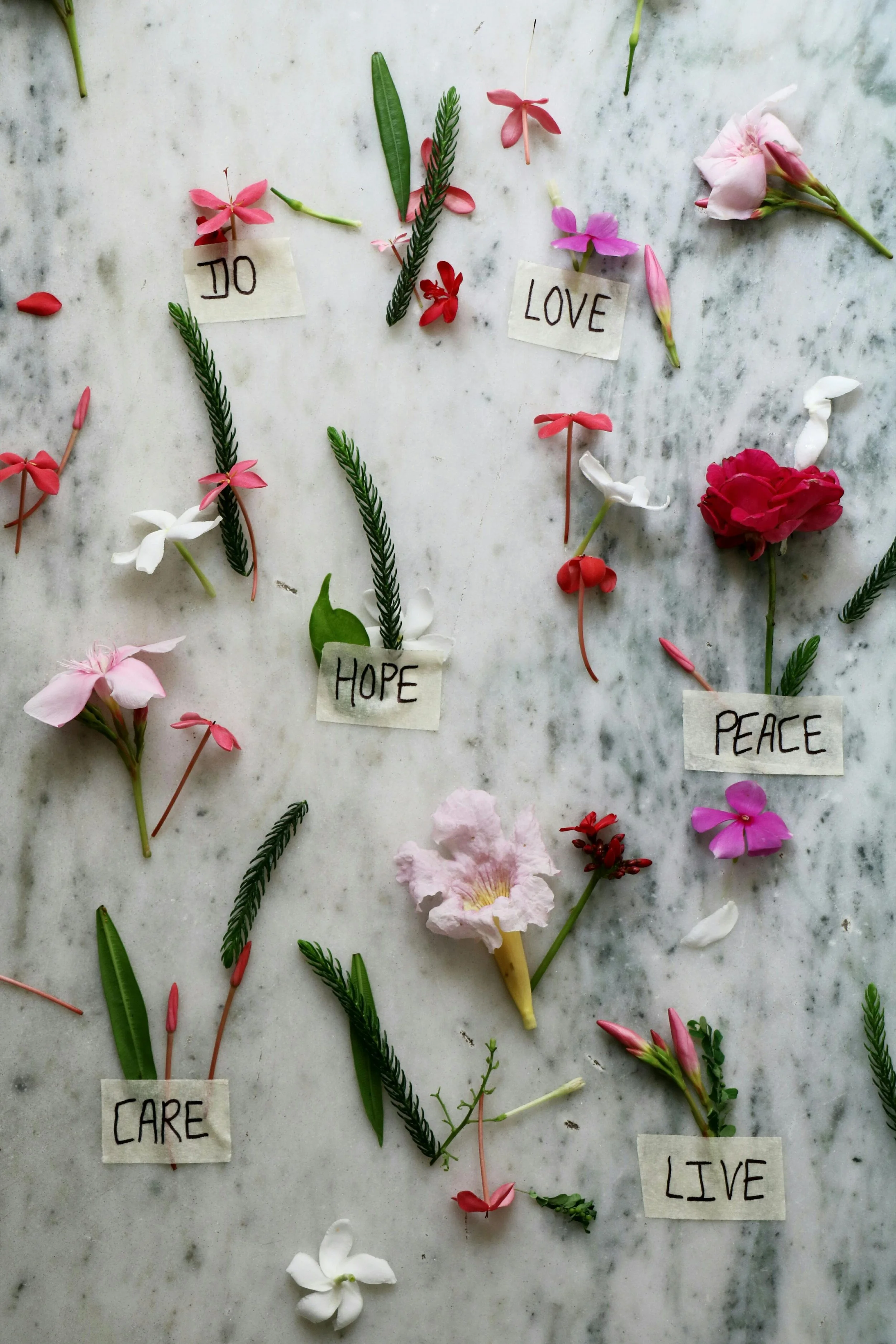by Akhil Shridhar (Bengaluru, India)
Each person has a unique story when it comes to their experience of coming to terms and living with IBD. What I realized after speaking to some of the patients who have struggled with the disease for quite a few years is that there is a similar pattern in our response to this life-altering event. The diagnosis, which in itself is a drawn-out process of striking out every other possible disease of the gut to finally settle on one condition, which includes countless blood tests, scans, endoscopies, colonoscopies with biopsies, like any other chronic condition, is just the beginning. When I came across the commonly used description for the stages of grief, I couldn’t help but notice the similarities.
The stages of grief are commonly described using the Kübler-Ross model, which outlines five stages that people often go through when dealing with loss or significant change. These stages are not linear, meaning people may experience them in different orders or revisit certain stages multiple times. The stages are Denial, Anger, Bargaining, Depression and Acceptance. With our diagnosis of a chronic condition, we experience a profound shift in reality that can evoke similar responses:
Denial
Initially we struggle to accept the diagnosis, believing it to be a mistake or downplaying its seriousness. For most of us who are coming across IBD for the first time, usually without any family history, this sounds familiar. I would perhaps lean towards the latter, as a history of psoriasis, a similarly chronic condition, majorly influenced my decisions, which I would come to regret later.
Anger
As reality sinks in, we often have feelings of unfairness and frustration. This anger is usually targeted at our body, medical professions and, in most cases, our loved ones. I found myself feeling guilty of my circumstances, angry at the doctors for not understanding my concerns and addressing them, which feels ironic, and frustrated with my loved ones for downplaying the symptoms.
Bargaining
We then attempt to negotiate our way out of the situation, trying alternative treatments, lifestyle changes, or even stopping medications altogether. Due to my previous experience with psoriasis and other circumstances, I found myself slowly stopping medications. As expected, when the symptoms started flaring up again, I looked into alternative treatment that had shown good results for my psoriasis, a grave mistake which put me in the severe Crohn's category taking me years to recover from.
Depression
As we finally come to terms with the condition’s long-term implications, a sense of loss and hopelessness follows, leading to sadness, withdrawal, or a loss of motivation. Although with IBD being a disease of the gut, this just adds to the list of causes for depression for many of us.
Acceptance
Over time, we adapt and find ways to manage our condition and integrate it into our lives. We begin to accept the new normal and find strength and purpose in this new journey. Five years into this journey, I find myself here, a veteran I say to myself, with a new resolve to help others navigate theirs.
The emotional and psychological journey of adapting to a life-altering event closely resembles a grief-like path. Chronic conditions not only impact our physical health but also our identities, relationships, and goals, making the process of adjusting and coping essential. It's important to note that these stages are a framework, not a one-size-fits-all process. People grieve in unique ways, and other emotions like guilt, confusion, or relief might also play a role.
This is why advocacy can be an incredibly powerful tool to make a difference in helping individuals by providing awareness and education, building a resource network, or helping in accessing resources. It is also important that we encourage empathy and patience with caregivers, family members and society as a whole to provide the required support during these challenging times. For someone going through the journey, engaging in advocacy themselves can be transformative and empowering. On a larger scale, advocacy is also necessary for shaping policies and systems that lead to improved healthcare policies, workplace accommodations, or social programs.
I encourage everyone to seek help and, whenever possible, help out others, as getting diagnosed with IBD can be a deeply personal experience, but one should not be forced to navigate it alone.
(Image credit: marekuliasz from Getty Images)












